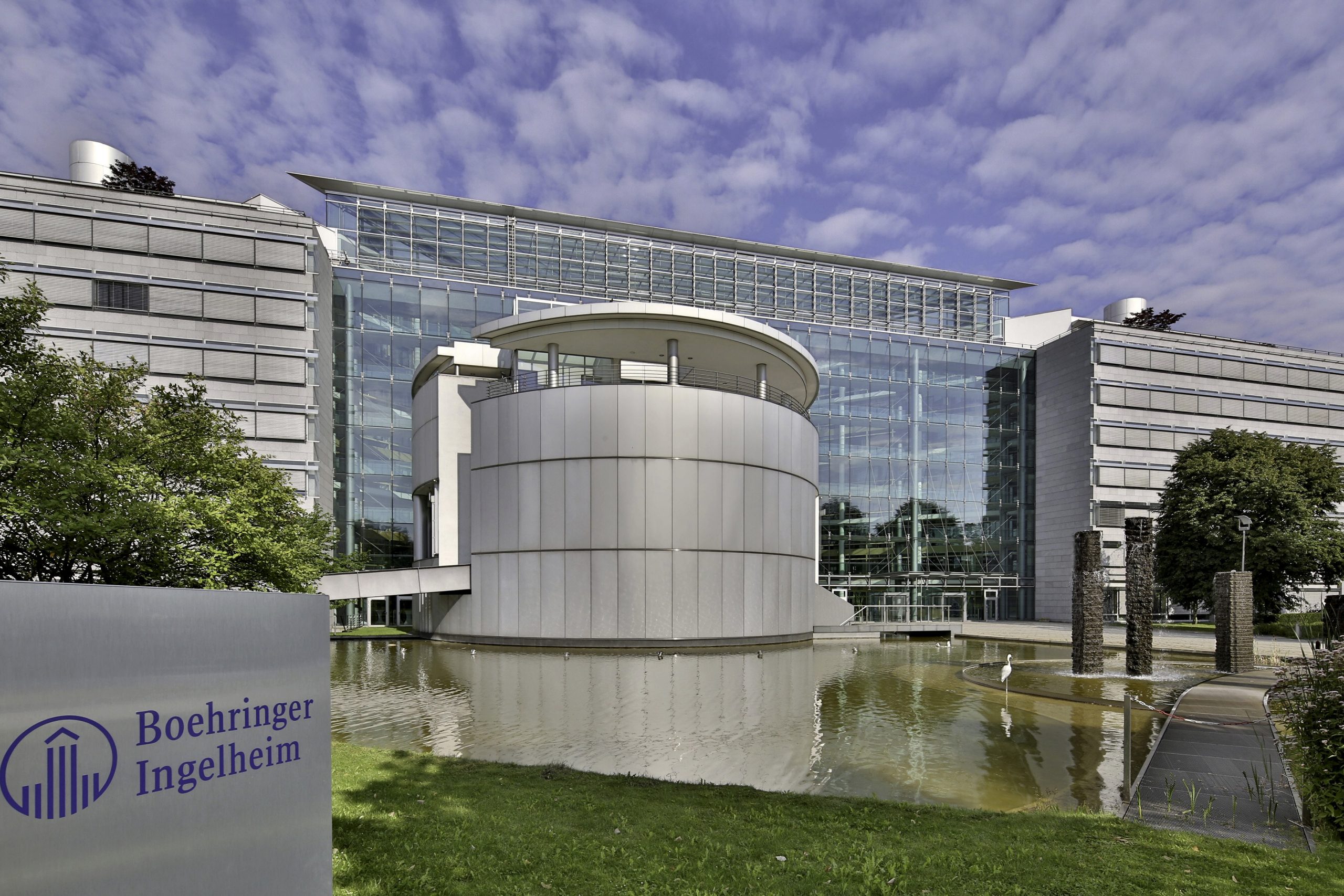BI strikes billion-dollar cancer immunotherapy deal with OSE

Boehringer Ingelheim (BI) has struck a potential billion-dollar deal with OSE Immunotherapeutics to develop a new checkpoint inhibitor cancer immunotherapy, offering the possibility of powerful combination therapies.
The deal centres around OSE-172, an anti-SIRP-alpha monoclonal antibody that works by priming macrophages to attack and 'eat' cancer cells – a completely different mechanism of action from already-marketed PD-1 and PD-L1 checkpoint inhibitors that call in an attack from T-cells.
OSE-172 is in late-stage preclinical development and is unproven in clinical trials, but the potential size of the deal suggests Boehringer thinks it could become the next big cancer immunotherapy blockbuster drug.
The drug works by preventing the ligand CD47 from binding to and triggering the cellular inhibitory effects of SIRP-alpha expressed on certain kinds of white blood cell.
Cancer cells often express high levels of CD47 – known as a 'don’t eat me' signal – which binds to the white blood cells expressing SIRP-alpha and instructs them to leave the tumour alone.
The hope is that OSE-172 will disrupt this pathway and allow the attack from myeloid-derived suppressor cells and tumour associated macrophages in clinical trials in patients with advanced solid tumours.
Details of the development plan are sketchy, but one option would be to combine OSE-172 with an anti-PD1 checkpoint inhibitor to produce a two-pronged attack, with OSE-172 calling in macrophages and myeloid-derived suppressor cells, and PD-1 activating a T-cell response.
Boehringer is already developing its own anti-PD-1 checkpoint inhibitor, BI 754091, and at the company’s annual results conference last year the head of BI’s innovation unit, Michel Pairet, said the drug would probably be used as a combination therapy.
Pairet said at the time that BI would be looking to combine BI 754091 with drugs from the company’s development partners, and CEO Hubertus con Baumback highlighted the company’s commitment to immuno-oncology in a briefing with journalists.
There was no word from Boehringer about whether it thinks OSE-172 would work in combination with BI 754091 – but competitors are researching similar combinations.
Roche and biotech Forty Seven are developing a similar CD47/PD-L1 combination and South Korean biotech ImmuneOncia is also exploring combinations of anti-CD47 and PD-1 and PD-L1 drugs.
And by developing its own PD-1 drug the German company hopes to avoid striking expensive deals with the likes of Bristol-Myers Squibb and Merck to develop combinations with marketed checkpoint inhibitors such Opdivo and Keytruda.
Under the deal with Paris-based OSE, BI has global rights to develop, file and market OSE-172, paying 15 million euros upfront, and short term milestone payments including 15 million euros at the start of the first phase 1 clinical trial.
OSE could receive up to 1.1 billion euros ($1.4 billion) in development, marketing and sales milestones, plus royalties on worldwide net sales.
Jonathon Sedgwick, global head of cancer immunology and immune modulation research at BI, said: “We are excited to partner with OSE Immunotherapeutics to develop this promising, novel cancer immunotherapy.
“A key area of focus is the identification of drugs that target myeloid cell immune regulatory receptors of which SIRP-alpha is a leading example. We are dedicated to developing ground-breaking, first-in-class therapies that can transform the lives of patients and help win the fight against cancer.”












